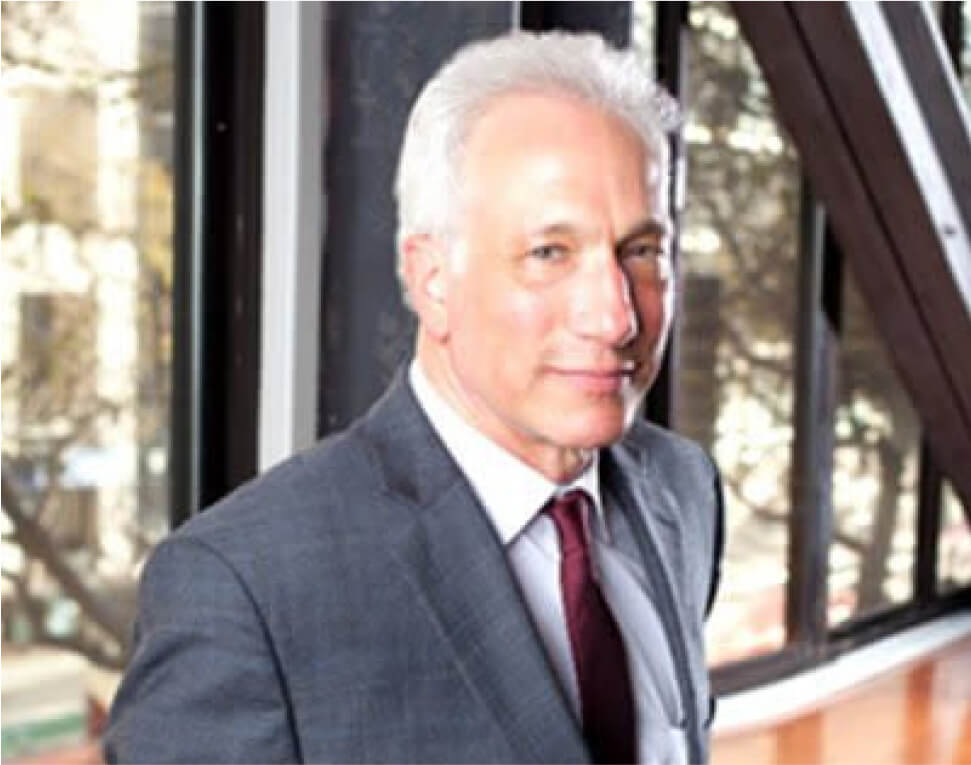Posted in Uncategorized
Alternative birthing options have grown in popularity, and with them, the presence of non-traditional birth workers. As a birth injury lawyer can share, when something goes wrong during labor and delivery, the legal implications can become far more complicated if the individuals involved lack proper licensing or supervision. Families may not realize that some birth assistants operate without meeting the professional or regulatory standards of licensed medical personnel.
What Defines A Birth Assistant’s Legal Responsibility
Birth assistants may include doulas, lay midwives, or other non-credentialed individuals offering support during labor. While some states have pathways for midwife certification, others allow individuals to assist in births with little to no oversight. If an injury occurs, determining whether the assistant acted within the scope of their role or whether they engaged in unauthorized medical practice is often central to a legal claim.
The issue is not just medical qualifications but also whether the birth assistant attempted to make clinical decisions or delayed calling for emergency help. These actions could create liability for harm that might otherwise have been preventable. A legal team will look at medical records and witness testimony to better understand how this happened.
When Licensed Professionals Fail To Supervise
In some cases, licensed midwives or doctors may allow unqualified individuals to participate in deliveries without appropriate oversight. This can occur in home births, freestanding birth centers, or informal arrangements. When a licensed professional delegates tasks without proper supervision or fails to intervene when complications arise they may be held accountable for the consequences.
Birth injuries that result from lack of supervision or delayed medical intervention often raise questions about professional judgment. If a midwife failed to recognize distress signs or allowed an assistant to take on duties beyond their training, that could form the basis of a malpractice claim.
Liability Issues In Non-Hospital Settings
Non-hospital births can present unique risks, particularly when complications arise that require emergency medical care. If a birth assistant lacks training in how to respond to emergencies or delays the decision to transfer a laboring person to a hospital, this delay can have life-altering results. According to our friends at Palmintier Law Group, timing often becomes a major issue in these cases, with lawsuits hinging on when and how decisions were made.
The absence of formal documentation and medical records in non-hospital settings can complicate these claims. Still, evidence such as witness accounts, phone records, and expert testimony can help reconstruct the events leading up to the injury. If non-traditional evidence is all that is present, an attorney will investigate your case to the fullest extent possible using whatever they can from social posts to geo tags in pictures.
Burnout And Overreach Among Birth Workers
Another factor in these claims is the increasing demand placed on birth workers operating outside traditional systems. In areas with limited access to maternity care, unlicensed or lightly trained individuals may be relied upon more heavily than they should be. Some take on roles they are not qualified to handle due to pressure, community expectations, or a lack of alternatives.
A personal injury lawyer may investigate whether systemic issues like rural healthcare shortages contributed to unsafe practices. While such context doesn’t eliminate liability, it may help shape the legal approach, particularly in cases involving third-party organizations or community health programs. These third parties may try to use this as an excuse, so an attorney will need to prepare for that counter argument.
When unlicensed or unsupervised birth assistants are involved in a birth injury, liability may extend beyond the individuals directly present. Talk to a lawyer in your area today.
